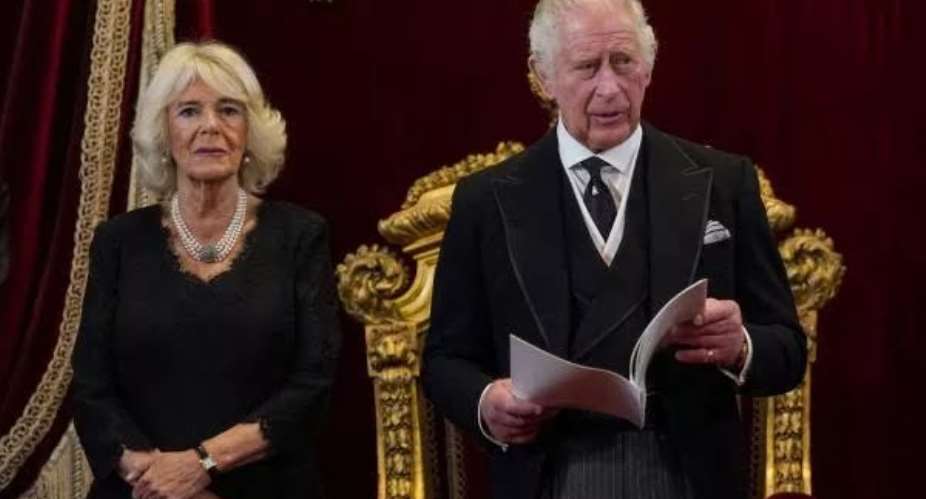As Britain prepares for its first coronation service in almost 70 years, it's time to discuss why the monarchy is a symbolically harmful institution for a democratic society.
The very foundation of monarchy is anti-democratic: it's an institution based on birthright, where an unelected, unaccountable individual—as opposed to a democratically elected representative—takes charge of a country. Democracy mandates that power lies with the people, and that they should have the freedom to elect their leaders through a voting process—monarchy defeats this principle.
The existence of monarchy reinforces the idea of inherited privilege, where a single family enjoys wealth and an elevated position solely because of their bloodline, which itself is anathema to the values of democracy and equality. The large funds allocated to the Royal family that are paid out through taxpayers' money seems unjustifiable at a time when basic provisions like public healthcare, housing, and education face immense funding shortages.
Furthermore, monarchy promotes and supports gender and class stereotypes and sustains outdated social norms. The notion of 'royal blood' suggests that there's superiority in certain families, giving them the capacity to govern indefinitely. It's nearly impossible to imagine an invasion of men from royal families if there is no male heir in a family to ascend to the throne. In such a scenario, the rightful heir would be determined exclusively on the basis of gender and family lineage, without emphasis on merit, hard work or experience, and potentially neglecting equally deserving individuals from other families just because they lack the coveted "royal bloodline."
It is critical to note that the existence of monarchy provides no real political power, as elected officials are accountable and have total power. The existence of the monarchy is symbolic and redirects attention, funding and efforts away from issues that affect everyday citizens and that need immediate attention.
In conclusion, it is time to look beyond the symbolic nature of monarchy in a democratic society and have a broader conversation about its impact. Monarchy's foundation is on inherited privilege, outdated social norms, gender and class discrimination and inappropriately diverts resources. Ahead of Britain's first coronation service in nearly 70 years, it's essential to ask whether an institution so inherently anti-democratic can reasonably exist in a modernday democratic society.





 We’ll protect state wealth from opaque deals – Prof Jane Naana
We’ll protect state wealth from opaque deals – Prof Jane Naana
 Mauritania president says running for second term in June polls
Mauritania president says running for second term in June polls
 I won't ever say I was a mere driver’s mate' — Prof. Opoku-Agyemang
I won't ever say I was a mere driver’s mate' — Prof. Opoku-Agyemang
 2024 polls: 'EC struggling to defend credibility'— Prof. Opoku-Agyemang
2024 polls: 'EC struggling to defend credibility'— Prof. Opoku-Agyemang
 Akufo-Addo gov't's 'greed, unbridled arrogance, unrestrained impunity, sheer dis...
Akufo-Addo gov't's 'greed, unbridled arrogance, unrestrained impunity, sheer dis...
 Election 2024: Ghana needs an urgent reset, a leadership that is inspiring – Ma...
Election 2024: Ghana needs an urgent reset, a leadership that is inspiring – Ma...
 Partner NDC to rollout a future of limitless prospects – Prof Jane Naana Opoku-A...
Partner NDC to rollout a future of limitless prospects – Prof Jane Naana Opoku-A...
 NPP will remain in gov’t till Jesus comes — Diana Asamoah
NPP will remain in gov’t till Jesus comes — Diana Asamoah
 Sunyani Technical University demands apology from former SRC president over sex-...
Sunyani Technical University demands apology from former SRC president over sex-...
 'Dumsor' was resolved by Mahama but ‘incompetent' Akufo-Addo has destroyed the g...
'Dumsor' was resolved by Mahama but ‘incompetent' Akufo-Addo has destroyed the g...
